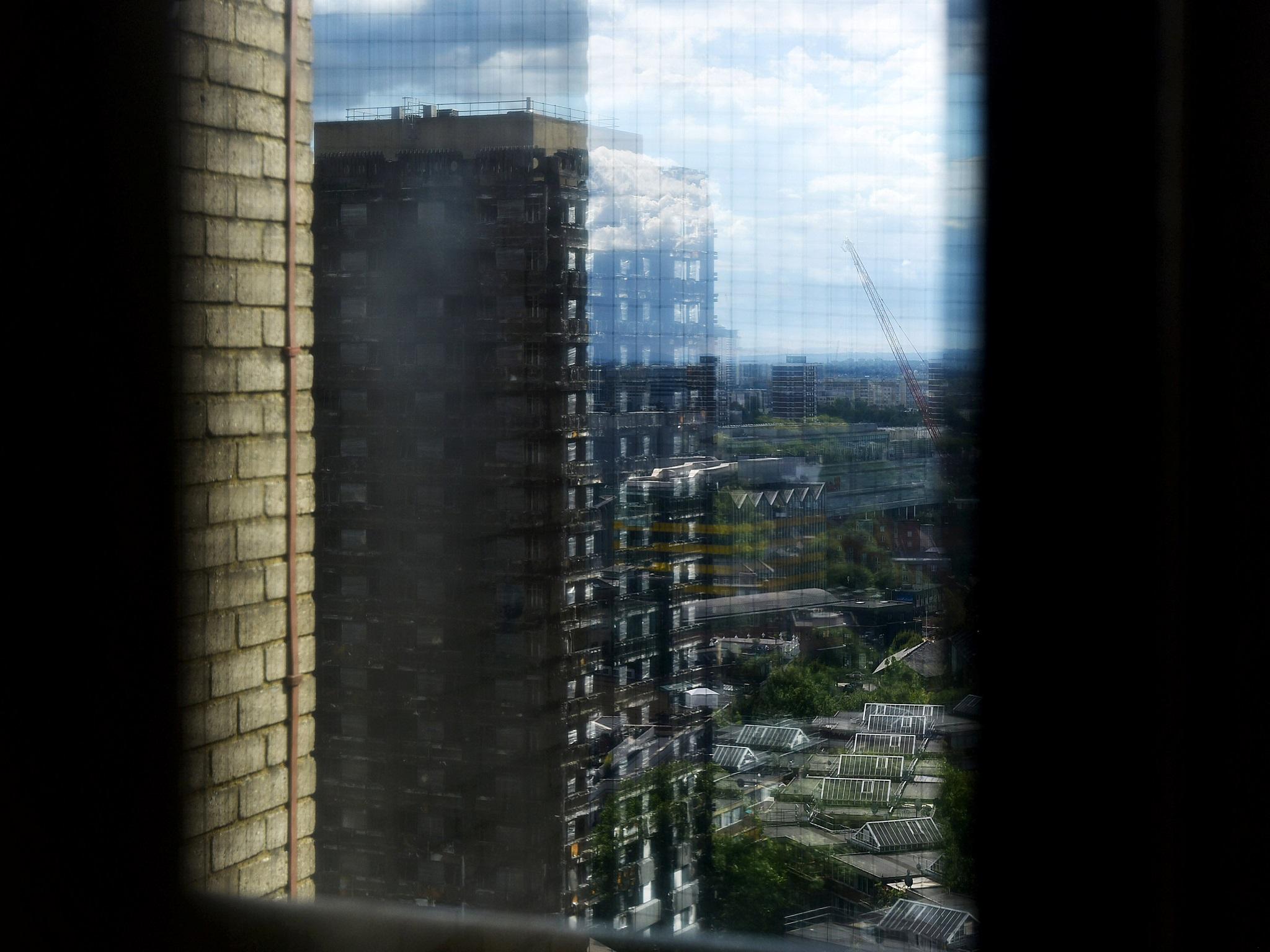Nearly 90 children need urgent care for post-traumatic-stress disorder following Grenfell Tower fire, figures show
More than a third have declined treatment, NHS says

Nearly 90 children need urgent care for post-traumatic stress disorder (PTSD) following the Grenfell Tower fire, more than a third of whom have declined treatment, NHS figures show.
Out of the 88 children who were screened and recommended treatment, 50 are receiving specialist care and three have completed their treatment.
However, 35 children or their families have not taken up treatment for reasons including that they do not feel ready, they wish to move in to a stable home setting first or they feel their symptoms are improving.
David Bailey, service manager for Kensington, Chelsea and Westminster Child and Adolescent Mental Health Service (Camhs), said families were struggling with being in close proximity in cramped hotel rooms and that people needed a “solid base” before attempting to tackle a course of therapy.
Just 18 households have moved into permanent homes, Kensington and Chelsea Council said, while 45 are in temporary accommodation and the rest – 140 – have spent the past four months in hotel rooms.
He said: “It’s not something to be entered into lightly and I think people know themselves when they are ready.
“Having a solid base, a place where you feel safe and secure, a front door that’s your door that you can close on the world – if you don’t have that ... then it’s really difficult about thinking of doing something that’s going to feel disturbing or talking about something that’s been a difficult thing for you to process.”
Clinicians are urging children and adults to come forward when they are ready, but Mr Bailey promised that no child would be forgotten if they decided they did not feel they could take up treatment immediately.
He said: “This isn’t going to be a thing that people forget, ever, and we’re not going to take people’s memories away from them at all, that won’t happen, but what we can do is help them find a way of living with this.
“That’s really important ... (that) we do get to the children and young people who are struggling now so that we can help them so that when they grow up they are able to live with this in a way that doesn’t significantly impact on their adulthood.
“And, therefore, when they become parents it’s not going to be something that’s going to become a problem for them later on in life.”
PA
Join our commenting forum
Join thought-provoking conversations, follow other Independent readers and see their replies
Comments
Bookmark popover
Removed from bookmarks